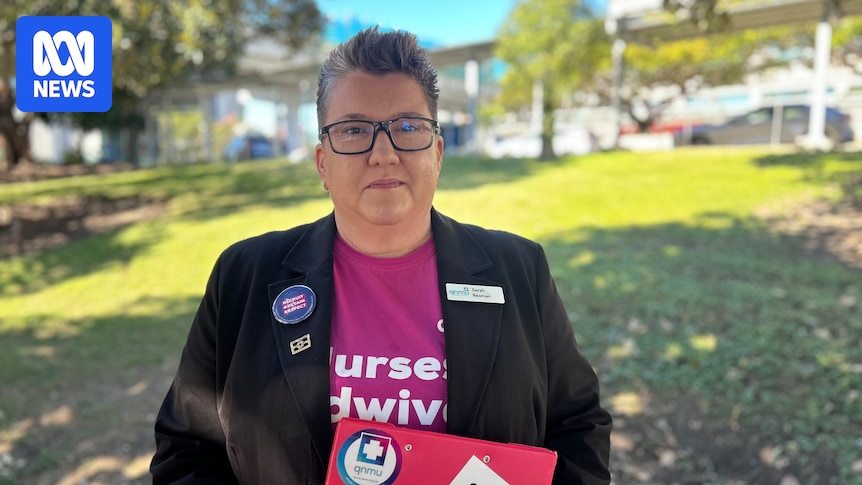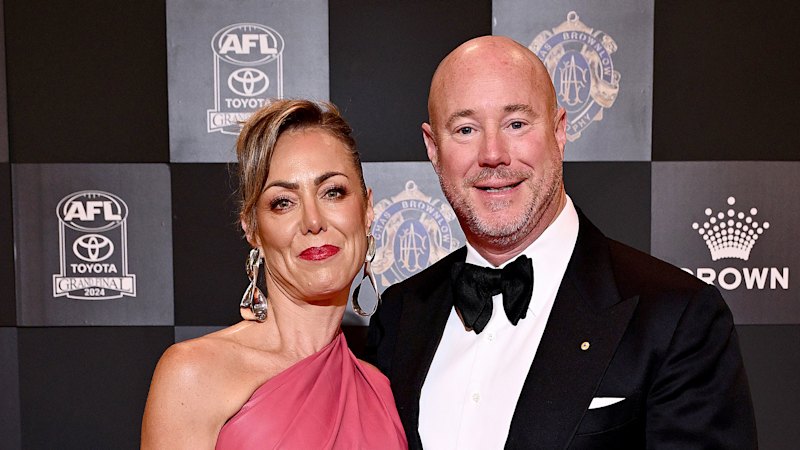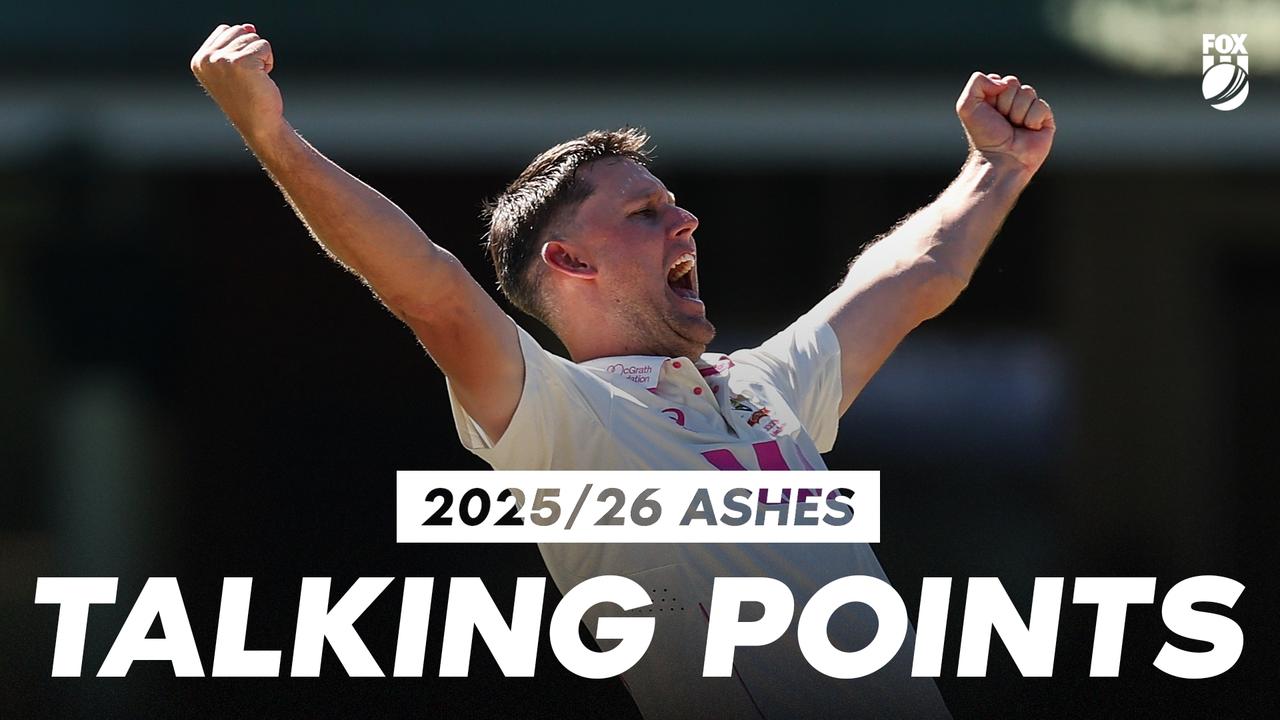
Tens of thousands of nurses and midwives across Queensland intensified their industrial action on Tuesday, accusing the state government of “gaslighting” them as pay negotiations reached an impasse. The Queensland Nurses and Midwives’ Union (QNMU) has initiated stage two of their industrial action, involving up to 45,000 workers who are now refusing to perform non-clinical tasks in public hospitals and healthcare facilities statewide.
The union’s actions include a refusal to work overtime without four hours’ notice, abstaining from making and cleaning beds, and not transferring stable patients. Furthermore, nurses have committed to taking their breaks in full, as part of their broader strategy to push for better pay and conditions. These measures come after enterprise bargaining negotiations, which began in January, stalled over a proposed 13 percent pay rise over three years from the union, compared to the government’s offer of 11 percent.
Union’s Stance on Pay and Conditions
QNMU Secretary Sarah Beaman has been vocal about the government’s failure to uphold its pre-election promise to deliver nation-leading pay and conditions. “Nurses and midwives are holding the system together through sheer will, determination, and skill, but they are over the government’s gaslighting and stalling tactics,” Beaman stated. She emphasized that the demands are not about luxury but about ensuring safe working conditions.
“Maintaining nation-leading wages and conditions is not about nurses buying Gucci handbags. This is about them actually having safe working conditions,” Beaman said.
Despite the escalating industrial action, Deputy Premier and Industrial Relations Minister Jarrod Bleijie refrained from commenting specifically on the strike, maintaining that negotiations are ongoing in good faith. “That protected action is a matter for the nurses. As I said, we continue to negotiate in good faith,” he remarked. Bleijie also expressed confidence that the strike would not affect other upcoming public sector wage negotiations, with over 27 agreements expected in the next three years.
Public Support and Broader Implications
Public sentiment appears to be largely supportive of the nurses’ actions. Colin Hackwaad, a patient at the Royal Brisbane and Women’s Hospital, highlighted that the negotiations are about more than financial compensation. “I think everyone’s struggling, and [nurses] do some really awful shifts, 24-hour rotations, and through time, they’ve taken away a lot of the benefits,” he said, noting that while pay rates have been solid, the erosion of benefits has left nurses feeling undervalued.
Richard Harrison, visiting his father-in-law at the same hospital, praised the staff’s dedication and supported the strike. “The care in that hospital is awesome,” he said. “Without them, where would we be? As far as nurses emptying rubbish bins, I think there are better things they should be doing anyway.”
Government’s Response and Future Negotiations
The government has claimed that the union’s recent proposal was the first formal offer it had received, a claim the union disputes. “This is an example of the government actually misleading [the public],” Beaman argued, explaining that numerous proposals have been exchanged since January.
Under the current government offer, up to 66 percent of nurses and midwives would not receive the nation-leading pay and conditions promised. Deputy Opposition Leader Cameron Dick urged Premier David Crisafulli to fulfill his commitment to frontline healthcare workers. “Our hard-working frontline heroes in health just expect the premier to deliver on his promise which was nation-leading wages and conditions,” Dick stated.
“Respect is more than words, it is actions,” Beaman emphasized, calling for the government to act on its commitments.
As negotiations continue, the union remains hopeful for a resolution but has not ruled out further actions if necessary. “There is the option to go to further actions and stage three. However, I am hopeful that the government will listen,” Beaman concluded.
This ongoing dispute highlights the broader challenges faced by public sector workers in securing fair compensation and working conditions, a theme that resonates across various sectors amid economic pressures and evolving workplace expectations.







